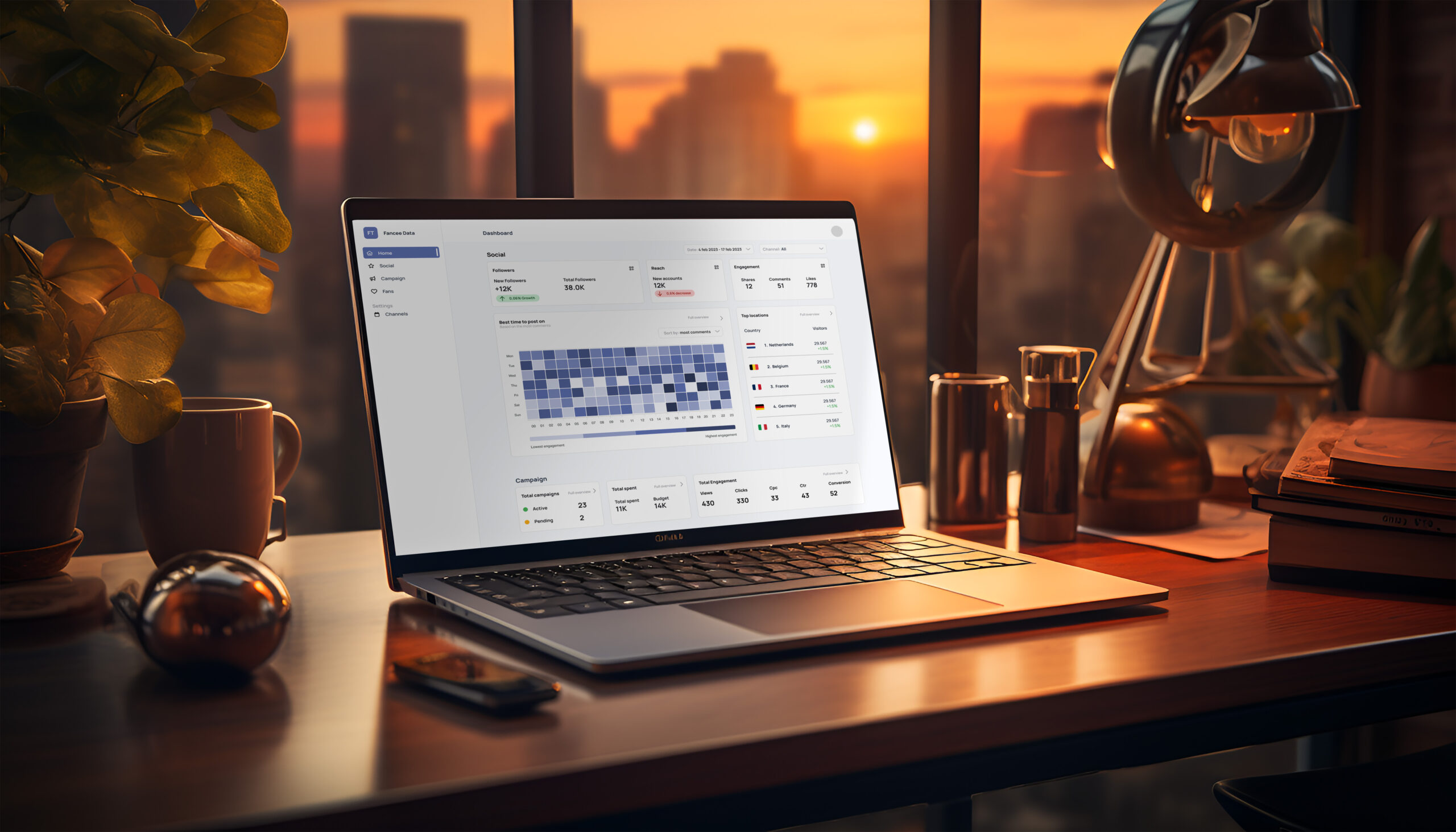
In the dynamic landscape of event planning, staying ahead means embracing cutting-edge tools and strategies. Over the past decade, while the fundamental stages of event planning have remained constant, the methods and technologies employed have undergone significant evolution. Fancee, with its suite of innovative solutions, ensures that event organizers can navigate the complexities of the entire event life cycle seamlessly.
In this blog, we’ll delve into the key components of event planning, providing insights on how to effectively manage the process before, during, and after your event.
Beginning the journey of event planning requires laying down a solid foundation. Before delving into the specifics, it’s crucial to outline the what, why, and when of your event. Creating a brief helps in mapping out the scope, compiling a list of key dates, and ensuring everything stays true to your brand.
Start by clarifying the purpose of your event. Understanding its core objectives directs every subsequent decision-making process. From selecting the right ticketing partner to setting attendance and profit goals, everything revolves around this initial step.
Next, create a working budget to guide your financial decisions. If you’ve organized similar events before, refer to past budgets for insights. For new events, make educated estimations using budget templates. Also, setting ticket prices early on ensures profitability.
Choose two potential dates—one that suits all stakeholders and another as a backup. Flexibility is key when securing your preferred venue. Reviewing venue contracts thoroughly before signing ensures a smooth planning process.
Compile a list of desired speakers and sponsors. Clearly outline your event’s offerings, costs, and logistics when reaching out. Remember to start this process well in advance to account for longer negotiation periods.
While it’s impossible to foresee every potential hiccup, proactive measures can mitigate chaos and ensure a smooth experience for all attendees. Here are essential steps to keep the chaos at bay:
Events often entail a plethora of paperwork, ranging from permits to contracts. To avoid last-minute scrambles, conduct thorough research early on and keep all necessary documents meticulously organized.
Effective event management relies on having the right personnel in place. Consider logistical factors such as setup time, staffing requirements, and the need for signage to guide attendees. By assembling an adequate team of staffers and volunteers, you can navigate the event with confidence and ensure seamless execution.
Leveraging event technology can streamline operations and elevate the attendee experience. From RFID entry badges to event apps facilitating navigation and networking, integrating technology enhances efficiency and engagement. Additionally, offering mobile or RFID cashless payment options at food stalls and merchandise booths reduces wait times, contributing to a more enjoyable event experience for everyone involved.
Post-event reflection is key to continual improvement. This is a prime opportunity to uncover valuable insights into what went well and what areas could be improved upon for future events. Here’s a breakdown of key actions to take to assess your event’s performance and inform future planning:
Send out post-event surveys to attendees to gauge their satisfaction and level of engagement with your event. These surveys can also include inquiries about suggestions or desired offerings for future events.
Analyzing conversion data helps refine marketing strategies. Fancee provides robust analytics tools to track ticket sales and evaluate campaign effectiveness.
Utilize gathered data to calculate your event’s ROI, comparing total sales revenue to the overall event costs. This calculation provides valuable insights into the profitability of your event and allows for year-over-year comparison.
Go back to the goals established during the pre-planning phase and compare them to the actual outcomes. Identify areas where expectations were met or exceeded, as well as any shortcomings. Conducting a thorough post-event analysis helps pinpoint areas for improvement.
Having the right ticketing partner is critical to selling out your event. Simplify your planning and delight your attendees with easy checkout experiences with Fancee today.
Learn about how we look at ticketing

Introduction The music industry has undergone a remarkable evolution, adapting to technological advancements and shifting consumer behaviors. From the analog […]
Keep reading
Introduction The event industry is a dynamic realm of unforgettable experiences, ranging from clubs and festivals to corporations organizing internal […]
Keep reading
Introduction: The Rapid Evolution of Event Technology In the fast-paced world of event planning and management, staying ahead of the […]
Keep reading
Introduction In a world where data reigns supreme, the event industry has witnessed a remarkable transformation driven by the power […]
Keep reading
Introduction Are you an event organizer striving to optimize your ticketing process and deliver unforgettable experiences to your attendees? In […]
Keep reading